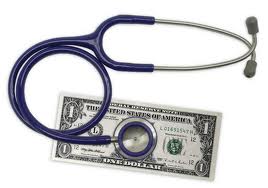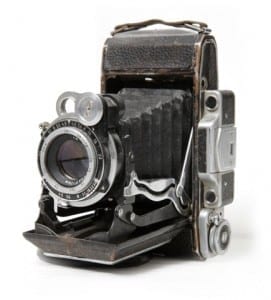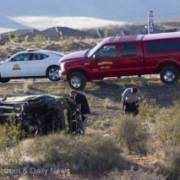Following Doctor’s Orders
 At our office we represent people who have been injured due to the negligence of another party and it’s our job to ensure that our clients receive the best possible settlement available. Most of our clients have injuries that require medical treatments—sometimes for extended periods of time—and we emphasize that they must take an active role in their own care. Because we are not doctors, we do not direct our clients’ medical treatments; we leave that to the medical professionals. If you have been injured, how do you take an active role in your medical care? The best way to do that is to follow the orders of the physician who is treating you.
At our office we represent people who have been injured due to the negligence of another party and it’s our job to ensure that our clients receive the best possible settlement available. Most of our clients have injuries that require medical treatments—sometimes for extended periods of time—and we emphasize that they must take an active role in their own care. Because we are not doctors, we do not direct our clients’ medical treatments; we leave that to the medical professionals. If you have been injured, how do you take an active role in your medical care? The best way to do that is to follow the orders of the physician who is treating you.
Mitigating Damages The law requires that if you have been injured as the result of someone else’s negligence, you must do all within your power to mitigate your damages. Simply stated, that means that you must take all of the steps necessary to lessen, or make less severe the injuries that occurred because of the accident. It is up to you to improve your physical condition and recover from your injuries to the best degree that you are able. We always suggest to our clients that they do these two things: Keep all doctor appointments and follow the treatment prescribed by the medical providers.
Attend All Your Appointments If your injuries from the accident require regular appointments with medical providers, it is critically important that you show up for all of those appointments. Let’s take, for example, a car accident victim whose doctor prescribes physical therapy three times a week for two weeks. If the patient keeps each physical therapy appointment, the physical therapist can observe improvements made over that period of time. The results are reported back to the doctor who will then decide on the next appropriate level of care. Let’s say, however, the patient only comes once per week for a total of two visits. The treatment notes will indicate a “No Show” for the missed appointments or that he missed four out of six visits—2/3 of the physical therapy treatment prescribed by his physician. Later, when it comes time to settle the client’s case, it is likely that the liability adjuster will read those physical therapy records and take into account that the patient didn’t mitigate his damages. That is, from the records, because it appears that the patient was not serious about recovering from his injuries, it’s likely that adjuster will take the hardline approach and reduce the settlement offer because the claimant didn’t follow through with the prescribed medical care.
It is important to keep all of your treatment appointments. If you need to cancel a medical appointment, please give as much notice as possible and then re-schedule promptly.
Follow Prescribed Treatment Over the years we have noticed that it is common for the treating physician to approach a patient’s care with a multi-faceted plan. Often that plan includes prescribed medications, periodic follow-up visits, and hands-on care such as physical therapy. Additionally, a doctor may sometimes recommend that an accident victim refrain from working for a period of time. If the patient (our client) does not follow the recommended treatment schedule, his or her case may be adversely affected. In fact, failure to follow your doctor’s advice or prescribed treatment can be used against you when it comes time to settle your case. Further, this failure can also be used against you in court if your claim proceeds to litigation or a trial.
Contact Our Office If you or someone you care about is receiving treatment for accident-related injuries, be sure to follow the prescribed regimen from your treating physician. At McMullin Injury Law we are experienced in working with accident victims in helping them settle their cases. Contact us at (435) 673-9990 for a free consultation.
At McMullin Injury Law we are… In Your Community and On Your Side.









